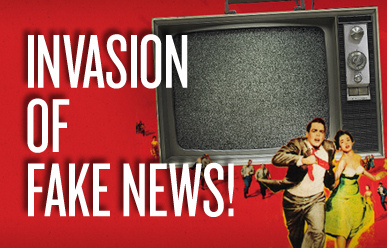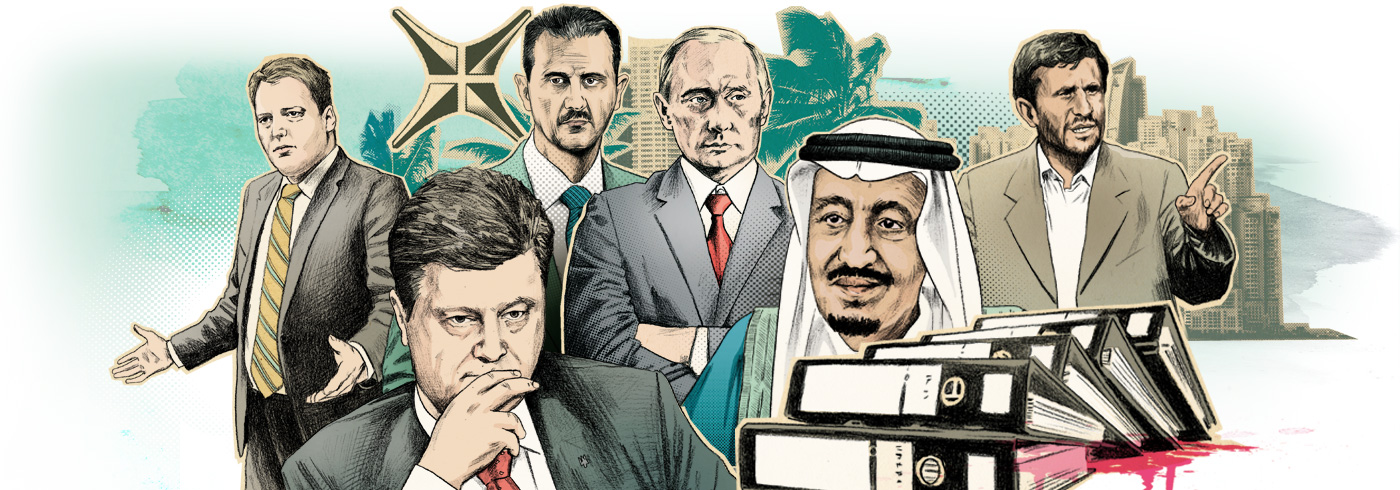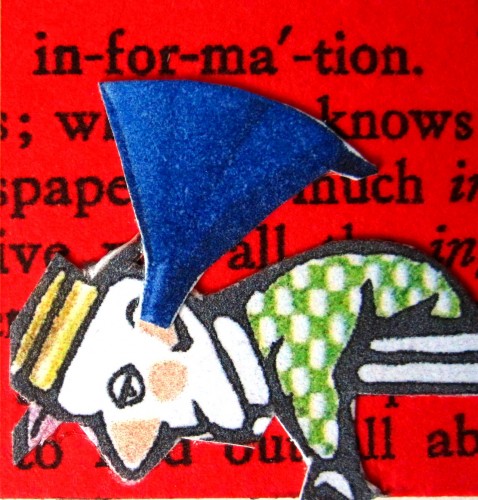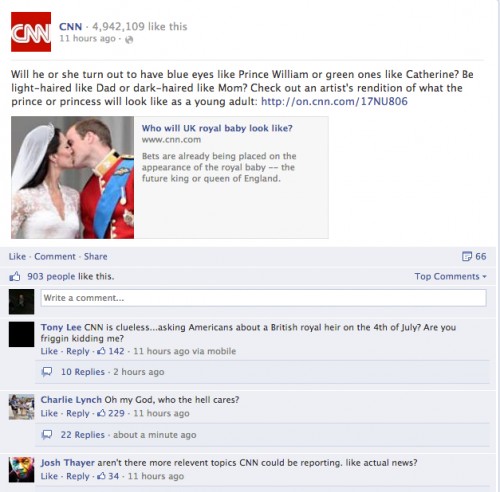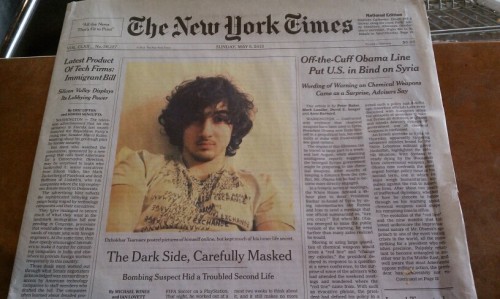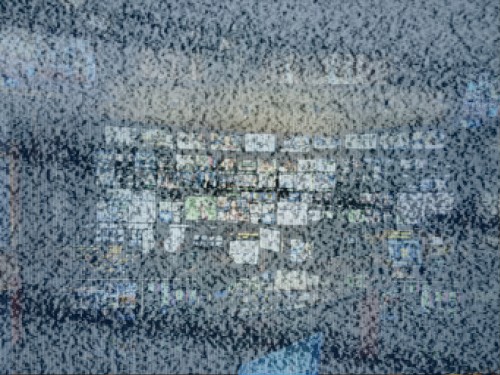The Daily Beast ran a story last week with this lede: “Roseanne Barr and Michael McFaul argued with her on Twitter. BuzzFeed and The New York Times cited her tweets. But Jenna Abrams was the fictional creation of a Russian troll farm.” Abrams, the story goes, was a concoction of The Internet Research Agency, the Russian government’s troll farm that was first profiled in New York Times Magazine by Adrian Chen in June 2015. During its three-year life span the Abrams account was able to amass close to 70,000 followers on Twitter and was quoted in nearly every major news outlet in America and Europe including The New York Times, The BBC, and France 24.
The Abrams Twitter account was a well of viral content that over-worked listicle writers couldn’t help but return to. Once the account had amassed a following the content shifted away from innocuous virality to offensive trolling: saying the civil war wasn’t about slavery, mocking Black Lives Matter activists, and jumping on hashtags that were critical of Clinton. “When Abrams joined in with an anti-Clinton hashtag,” The Daily Beast reports, “The Washington Post included her tweet in its own coverage. One outlet used an image of a terrorist attack sourced from Abrams’ Twitter feed.” more...

